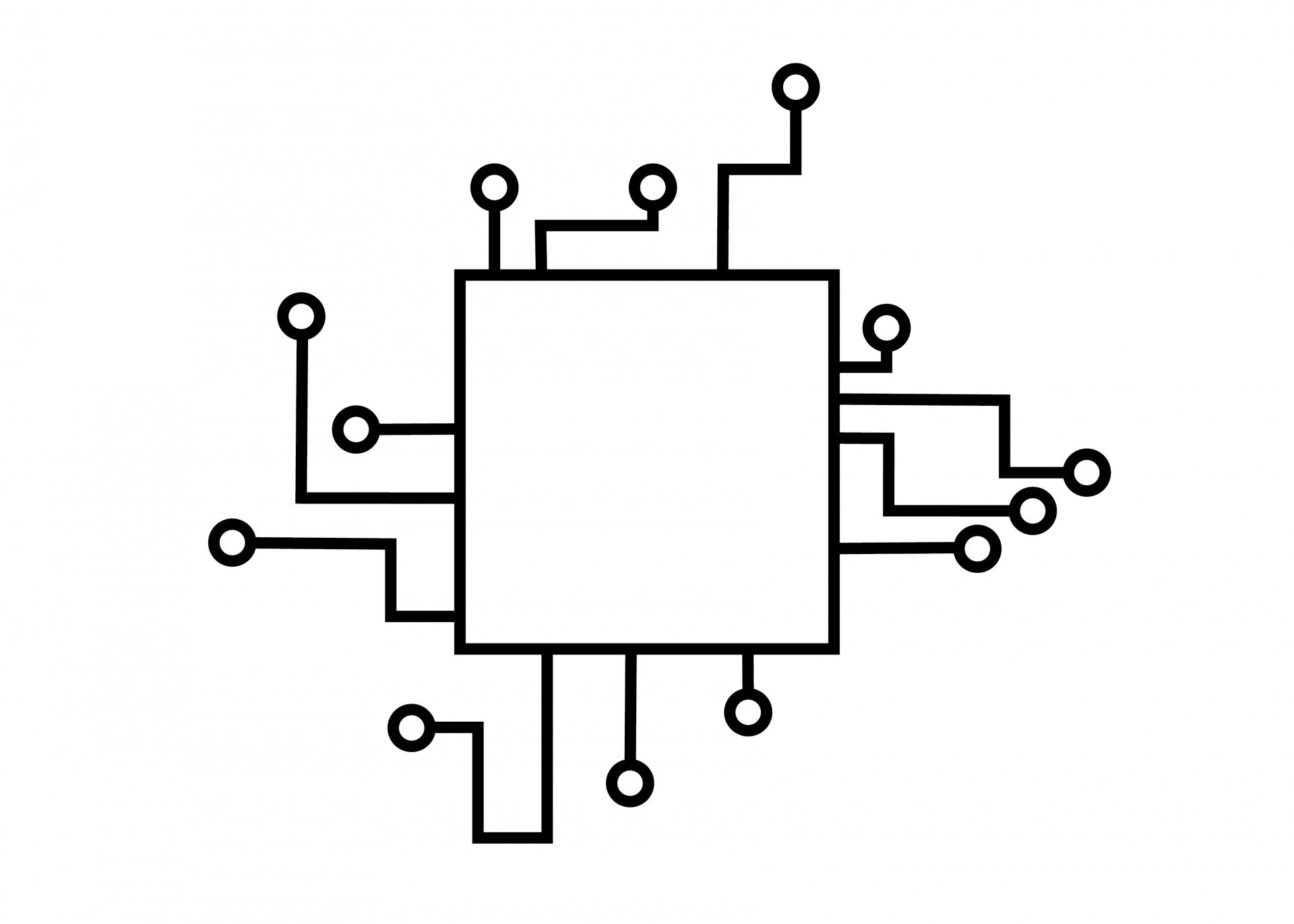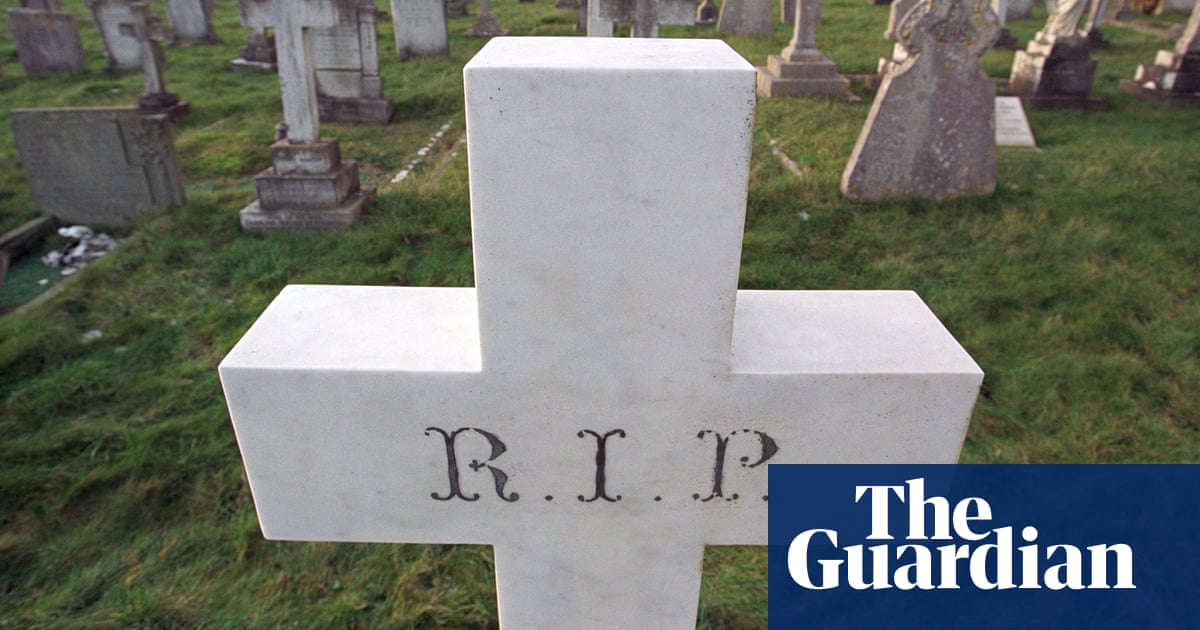- cross-posted to:
- becomeme@sh.itjust.works
- cross-posted to:
- becomeme@sh.itjust.works
This reminds me of a saying from a 2,000 year old document rediscovered the same year we created the first computer capable of simulating another computer which was from an ancient group claiming we were the copies of an original humanity as recreated by a creator that same original humanity brought forth:
When you see your likeness, you are happy. But when you see your eikons that came into being before you and that neither die nor become manifest, how much you will have to bear!
Eikon here was a Greek word even though the language this was written in was Coptic. The Greek word was extensively used in Plato’s philosophy to refer essentially to a copy of a thing.
While that saying was written down a very long time ago, it certainly resonates with an age where we actually are creating copies of ourselves that will not die but will also not become ‘real.’ And it even seemed to predict the psychological burden such a paradigm is today creating.
Will these copies continue to be made? Will they continue to improve long after we are gone? And if so, how certain are we that we are the originals? Especially in a universe where things that would be impossible to simulate interactions with convert to things possible to simulate interactions with right at the point of interaction, or where buried in the lore is a heretical tradition attributed to the most famous individual in history having exchanges like:
His students said to him, “When will the rest for the dead take place, and when will the new world come?”
He said to them, “What you are looking forward to has come, but you don’t know it.”
Big picture, being original sucks. Your mind depends on a body that will die and doom your mind along with it.
But a copy that doesn’t depend on an aging and decaying body does not need to have the same fate. As the text says elsewhere:
The students said to the teacher, “Tell us, how will our end come?”
He said, "Have you found the beginning, then, that you are looking for the end? You see, the end will be where the beginning is.
Congratulations to the one who stands at the beginning: that one will know the end and will not taste death."
He said, “Congratulations to the one who came into being before coming into being.”
We may be too attached to the idea of being ‘real’ and original. It’s kind of an absurd turn of phrase even, as technically our bodies 1,000% are not mathematically ‘real’ - they are made up of indivisible parts. A topic the aforementioned tradition even commented on:
…the point which is indivisible in the body; and, he says, no one knows this (point) save the spiritual only…
These groups thought that the nature of reality was threefold. That there was a mathematically real original that could be divided infinitely, that there were effectively infinite possibilities of variations, and that there was the version of those possibilities that we experience (very “many world” interpretation).
We have experimentally proven that we exist in a world that behaves at cosmic scales as if mathematically real, and behaves that way in micro scales until interacted with.
TL;DR: We may need to set aside what AI ethicists in 2024 might decide around digital resurrection and start asking ourselves what is going to get decided about human digital resurrection long after we’re dead - maybe even long after there are no more humans at all - and which side of that decision making we’re actually on.


